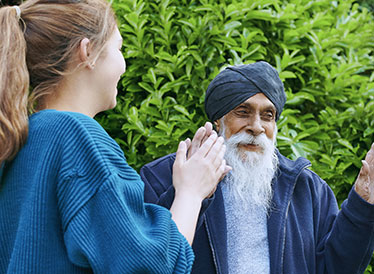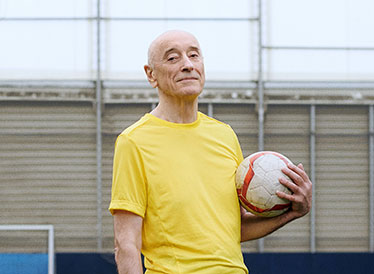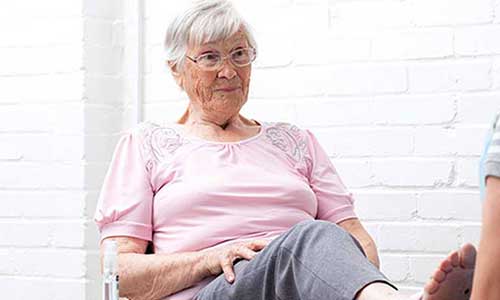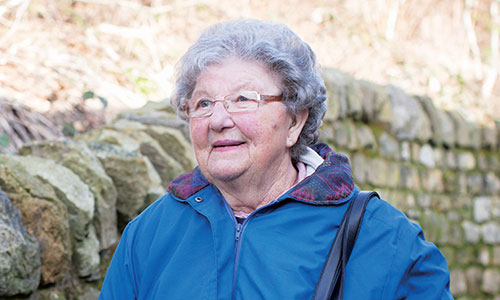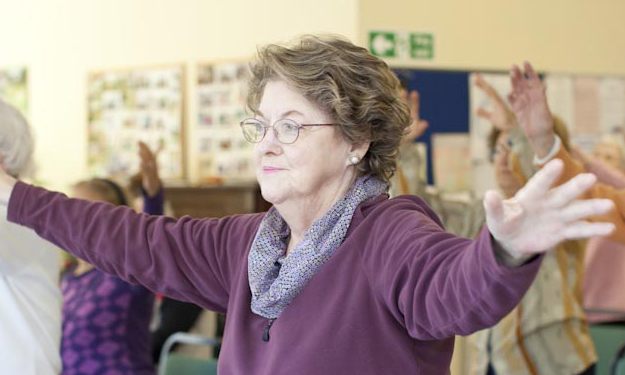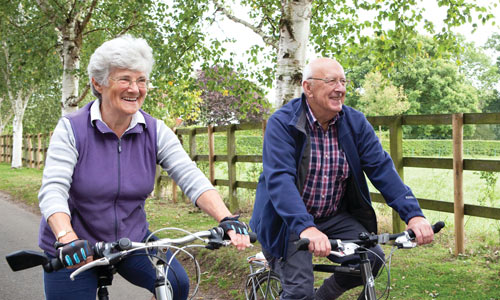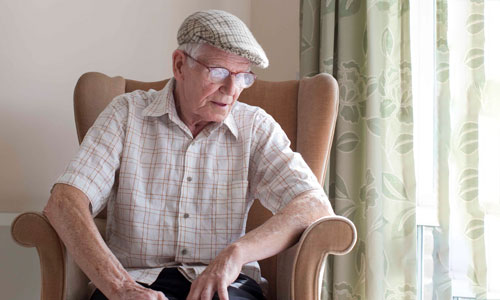In the UK, 1 in 4 people (15 million) have at least one long-term health condition. What’s more, those living with these conditions are twice as likely to be inactive, even though it’s been found that increased activity can help in the management of more than 20 long-term health conditions, including depression and type 2 diabetes.
With the number of people living with long-term health conditions set to rise to 18 million by 2025, it’s more important than ever that people do whatever they can to get active. That needn’t be strenuous exercise, but trying to build small, incremental bits of daily activity into your day.
The desire for change
The appetite for positive change is clearly there. New research suggests that more than two-thirds of people living with long-term health conditions say they’d like to be more active, and are aware of the life-altering benefits it could have on them, whether that’s improvements to their mood or general wellbeing.
But with figures suggesting these same people are twice as likely to be inactive, it’s vital they receive the encouragement they need. With this in mind, Age UK and 14 other charities in health and social care launching ‘We Are Undefeatable’, a national campaign with the ethos that when it comes to being active with a health condition, every small victory counts and is worthy of celebration.
We Are Undefeatable
We Are Undefeatable recognises that for many of us, including older people, there are barriers to getting active, whether that’s a lack of energy, pain caused by their condition, or having unpredictable symptoms that makes commitment to routine exercise difficult.
“However big the health challenges you face may be, there’s always some kind of exercise for you,” says Caroline Abrahams, Charity Director at Age UK. “You’ll do yourself no end of good as a result. Even very modest amounts of activity make a difference to your physical health in later life and, just as importantly, to your state of mind too.
“For very frail and unwell older people it might simply mean doing some stretching exercises while sitting in a chair – that’s fine, we don’t expect everyone to run the marathon and it’s not appropriate that they do. Even the smallest amount will help, so why not give it a try?”
Being active as you get older
Getting older needn't mean an end to getting active, especially when it can have such a positive impact on physical and mental wellbeing. Not active at all? Not sure where to begin? We've got the advice to get you, or a loved one, moving today.
The We Are Undefeatable campaign has created a number of films, telling the stories of those who have benefitted from introducing manageable amounts of activity into their everyday lives.
Mohan
These include Londoner Mohan, who was diagnosed with Alzheimer’s 7 years ago. His family are dedicated to ensuring Mohan maintains his interests and keeps his mind and body as active as possible; his granddaughter was able to reignite a passion for crosswords that had once seemed lost, as well as a fondness for jigsaw puzzles.
“It’s very important for him to be useful,” explains his daughter. “He’ll even pick up the dustpan and brush or the hoover, and he’ll move the chairs while we’re hoovering. He loves the outdoors – gardening, watering and brushing.”
Mohan’s daughter continues: “There are different things that will start to fail. It’s very important for him to keep active, to keep his heart working. He does this fabulous class, FABS (Flexibility, Aerobics, Balance, Stretching). It’s a small class, which he likes. It’s run by Laura, who is so patient with him. No matter how well he does or doesn’t do, she is always very pleased with him and he responds to that.”
Tony
Fellow Londoner Tony, 73, was diagnosed with Hodgkin Lymphoma 2 years ago. Eager to get some motivation during a difficult time, Tony decided to join a walking football group. Not only does this give him an opportunity to get moving, it also provides a supportive sense of community, with the team regularly meeting for a cup of tea and a bacon roll before their matches.
“I hadn’t kicked a football since I was 13,” explains Tony “I was, as a number of those I played with told me, ‘rubbish’ when I first started again. But I’ve got a bit better.”
“The physical side of it, keeping fit, is vitally important, because the fitter you are, the more able you are to do something about the illness. But the emotional support is just as important.
“I’d say to anyone who’s my age, whether they’re ill or not, keep as fit as you can possibly be.”
We Are Undefeatable
Read the accounts and watch the videos of the inspirational people who've changed their lives by everyday activity that works for them, despite having long-term health problems.


